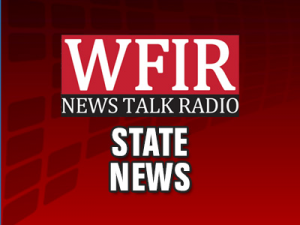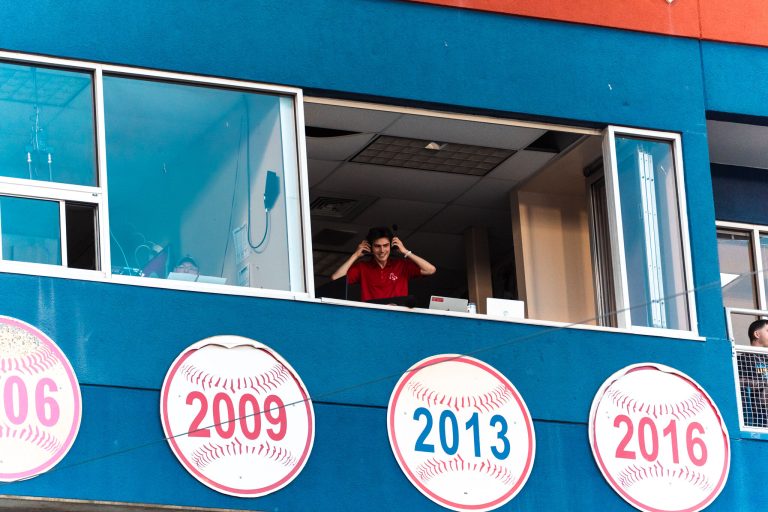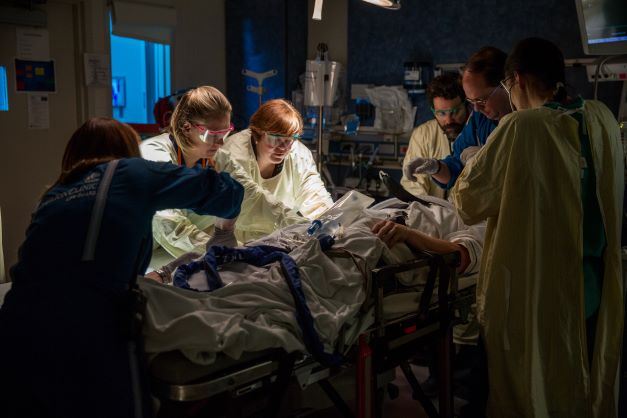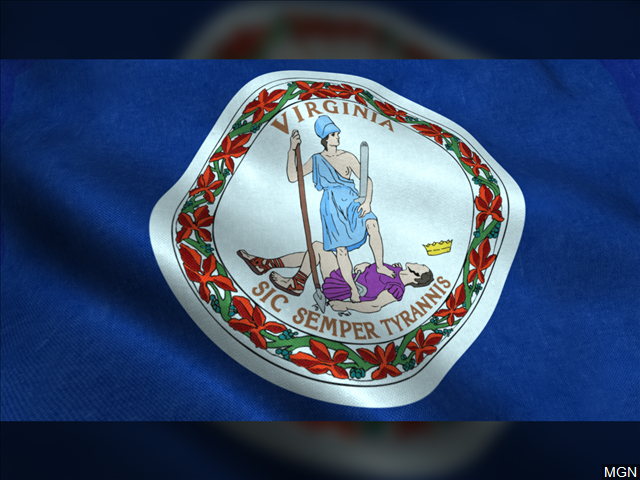 RICHMOND, Va. (AP) — Two weeks ago, Virginia lawmakers approved legislation to allow developers to build five large casino resorts around the state in what supporters have long hoped will be a dramatic economic boost to struggling areas. Virginia is one of the few states in the country where casinos are currently banned.
RICHMOND, Va. (AP) — Two weeks ago, Virginia lawmakers approved legislation to allow developers to build five large casino resorts around the state in what supporters have long hoped will be a dramatic economic boost to struggling areas. Virginia is one of the few states in the country where casinos are currently banned.
But those plans could be in serious doubt amid the coronavirus pandemic, which forced nearly every commercial casino in the country to close just a matter of days after lawmakers voted.
While huge swaths of the economy are being hurt by the virus, the cash-dependent casinos’ pain has been particularly acute.
Stock prices of major casino operators have cratered, including those vying to move to Virginia, raising questions about whether the industry will be able to finance the gleaming casino resorts that lawmakers have envisioned, even if they can afford the $15 million licensing fee the state plans to charge. Lobbyists for casinos and hotels are are now desperately pressing the federal government for massive bailouts.
“Gaming employees, their families, and communities are bearing the brunt of this economic standstill and will continue to suffer if Congress and the administration don’t take immediate action,” said Bill Miller, president of the American Gaming Association.
Pro-casino backers in Virginia said there is no time to panic, and there is still time for the industry to rebound before Virginia could be impacted. Potential operators in Virginia still have to clear a voter referendum in November in cities slated to get casinos, and then a state vetting process before licenses are awarded and construction can begin.
“We have time on our side,” said state Sen. Louise Lucas, who has spent two decades trying to convince her colleagues to legalize casinos. “I’m the eternal optimist.”
Some of the proposed casinos in Virginia are also backed by wealthy private investors who may be better able to weather an economic downturn than publicly traded casino companies.
And would-be casino operators said none of their plans have changed.
“Caesars will continue to pursue a gaming license in Virginia and hopes to build and operate a casino in Danville,” said Richard Broome, a spokesman for gaming giant Caesars Entertainment.
David Schwartz, a gambling expert at the University of Nevada Las Vegas, said it’s impossible to predict the near future for the casino and hotel industry and how that might impact Virginia.
“Long-term, casino gaming is a dependable enough bet in Virginia that it might not be difficult to raise money to fund it, but short-term, operators may prioritize stabilizing their existing operations,” Schwartz said.
The next step in legalizing casinos in Virginia rests with Gov. Ralph Northam, who may try to amend the legislation. If he does make changes, lawmakers would vote on them during a one-day legislative session currently scheduled for late April.
Some would-be casino developers have complained that the current legislation does not mandate a competitive bidding process for casino licenses, something Northam could try to address.
“In light of the current environment and new risks we are facing, it is even more imperative” that there be more competition for casino licenses, said developer Steve Johnson, who has pitched an alternate proposed casino in the Bristol area than the one backed by state and local officials there.
Currently three of the five cities allowed to have casinos — Norfolk, Bristol and Portsmouth — already have either formal or informal agreements with potential casino operators in place. Danville is considering proposals from seven different would-be operators. And at least two entities — the Pamunkey Indian Tribe and the owners of Colonial Downs, the state’s only horse track — have expressed interest in a potential Richmond casino, though others may emerge.
The Northam administration hasn’t said specifically whether the governor will try to change the casino bill. But Secretary of Finance Aubrey Layne said the coronavirus will force the state to take a closer look at both casinos in general and city-specific agreements. He said no one, including lawmakers, has considered the coronavirus’ long-term impact on whether gamblers will still be willing to spend time and money on crowded casino floors.
“Certainly, there’s going to have to be some additional scrutiny,” Layne said. “They’re not the panacea everybody thinks they are.”



